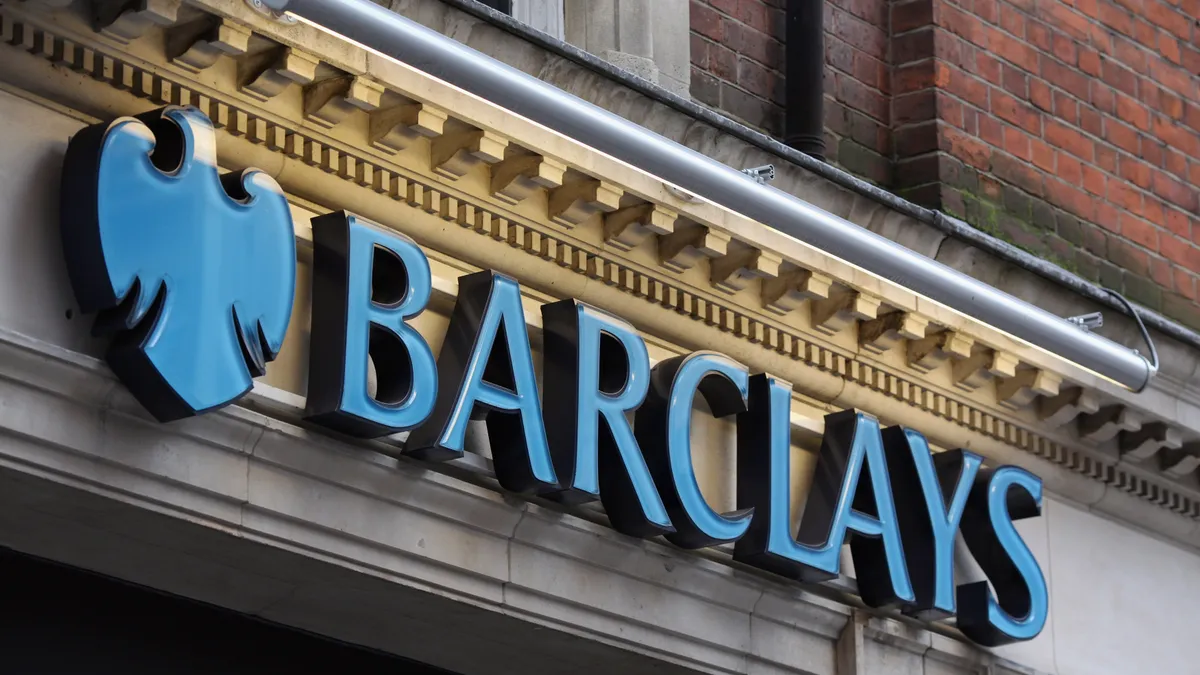Barclays must pay $4 million to the Commodity Futures Trading Commission for failing to correctly or timely report more than 5 million swap transactions between 2018 and 2023, the agency said Tuesday.
The bank’s reporting failures included misreporting due to the use of a duplicate swap identifier; incorrect reporting of primary economic terms; misreported time stamps; errors in connection with continuation data reporting; and late reporting, the CFTC said, resulting in violations of the Commodity Exchange Act and CFTC regulations.
“As significant reporting failures continue to persist, our resolutions will reflect the gravity of swap dealers’ continuing failures to prioritize compliance and seek to deter future failures,” Ian McGinley, the agency’s director of enforcement, said in a prepared statement.
McGinley emphasized that the CFTC had imposed more than $60 million in penalties in the past year on six registered swap dealers, including Barclays. “This resolution, which also includes admissions, reflects the division’s ongoing commitment to ensure the costs of violating the law outweigh the costs of compliance,” McGinley said.
The CFTC fined BNY $5 million in August over swap reporting and supervision failures. Goldman Sachs, JPMorgan Chase and Bank of America were hit with larger fines — $30 million, $15 million and $8 million, respectively — in October 2023, also for swap reporting errors.
Caroline Pham, a CFTC commissioner, took the agency to task, in a statement Tuesday, for changing its focus with regard to swap data reporting. Its new methods, she argued, emphasize registration and compliance rather than on preventing fraud, manipulation and abuse and have become “excessively and disproportionately punitive.”
“When the CFTC is investigating fraud or manipulation and does not find evidence that substantiates the alleged charges — meaning there is no proof of fraud or manipulation — the CFTC abuses the power of the government to get firms to agree to settle for overblown charges regarding oftentimes non-material operational or technical issues,” Pham asserted.
“The CFTC must get its priorities straight, stop being an outlier among all U.S. and non-U.S. regulators, and finally implement an effective CFTC examination program for systemically important swap dealers that is risk-based and proportionate in accordance with international standards for regulators,” she wrote. “Enforcement is no substitute for the examination process.”
Barclays’ “substantial cooperation” with the CFTC’s investigation led to a reduced penalty, the agency said. The bank proactively flagged swap reporting issues, voluntarily provided information about the violations within the order, and has moved to remediate the issues, including by engaging third-party vendors to review and validate its swap reporting processes, the CFTC said.
Barclays did not immediately respond to a request for comment.














